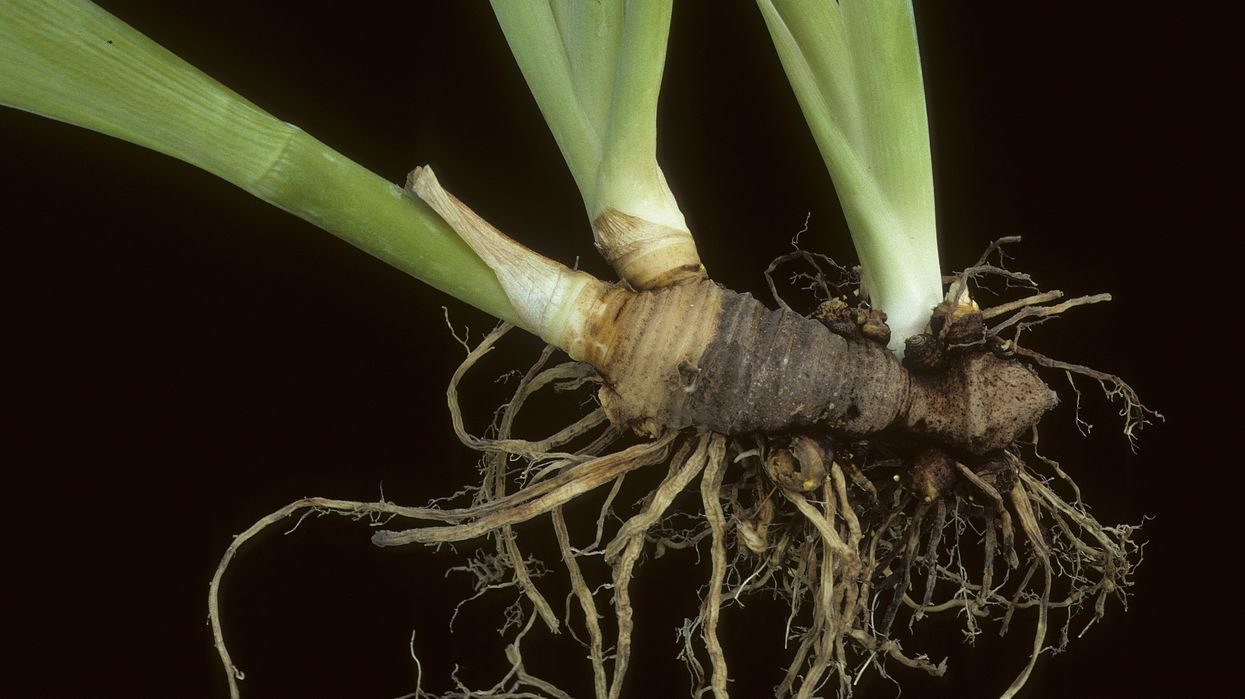America is grappling with the implications of the election, and many are perplexed, even shocked about just how fast our society seems to be changing. Most people believe that our two-party system of democracy is stable and the uprising of authoritarianism and divisive red-versus-blue tribalism is an abrupt and anomalous change.
If you imagine our civil society as an organism, one would think its reaction would be to try to reclaim its previously perceived stable state. However, in nature, many organisms are well-equipped to embrace new realities and adapt in order to persist. For our society, we need to support and guide social change that can progress our democracy into a new paradigm. We can do this by stepping back and building new relationships for the purpose of understanding across our differences and creating change together.
I study change processes as they occur through transformative learning networks. These loose- knit social networks prioritize learning from others. To move through complex crises and spawn new realities, the people who gravitate to these networks take risks by disrupting their usual social patterns to build new relationships and understanding across ideological, institutional and geographic boundaries. These networks can give way to new professional fields, new schools of thought and even new organizations. For example, the Fire Adapted Communities Learning Network started as a group of individuals from different walks of life who all wanted to build community resilience in the face of wildfires; they just had different ideas about how to do it. Acknowledging that wildfire management is too complex for a single approach, they pooled their diversity of experiences and connections to innovate new solutions.
We have all heard the phrase “the only constant in life is change,” attributed to ancient Greek philosopher Heraclitus. Martin Luther King Jr. is credited with proclaiming, “change does not roll in on the wheels of inevitability, but comes through continuous struggle.” Human communities have evolved with a set of evolutionary biases that enable us to ignore and resist change. A prime example is our collective ability to discount the very real evidence for and effects of climate change. We fail to notice all the pieces of change as they assemble themselves until we are surprised by the qualitatively different state in which we find ourselves. So here we are, stunned and unsure how to make the next move.
In the mighty rhizome, nature demonstrates for us why change may surprise us and how, while we cannot stop change, we may be able to guide the change we want to see in the future. If you have ever weeded a garden you know about rhizomes. Invasive weeds (like Japanese knotweed and giant horsetails) and pretty ones (like wild iris) are all subterranean organizers. Rhizomes have no beginning and no end, they are decentralized, they struggle and spread underground hidden from our view and occasionally surface into the sunlight in bombastic manifestations showing us an organism we forgot existed has only gained vigor while we were not paying attention.
Even though we cannot see most of the rhizome's biomass and activities, underground it gathers energy, branches, twists and turns, breaks through barriers, and expands its network until it is ready to show itself again. The rhizome is a prolific botanical metaphor used by French philosopher Deleuze and his social activist collaborator Guattari along with contemporary organizational philosophers and change scholars to understand the complexities of social change as non-linear, heterogenous, non-hierarchical and subterranean.
The rhizome metaphor reminds us that we cannot simply rebuild hierarchical structures to generate change. Instead we must go subterranean to build our own learning networks, create new bonds, branch out and break through the barriers that constrain us. Engaging in civic society, participating in new relationships and learning from those who are engaged across social and political spectrum can help us reconfigure our understanding of our possible futures and gather our collective strength until we are ready to emerge as something new.
Connecting across our differences is scary. Thanksgiving tables across the country last month were full of anxieties associated with communicating in spite of our differences. We may prefer our instinctual draw to familiar homogeneous social gatherings that reinforce our biases and to fall in line under hierarchical organizational structures that provide clear rules on how we must behave. But, if we take on the rhizomatic view, we can instead be comforted by the knowledge that change happens through subterranean activity and if we want to be part of that change we need to build uncomfortable connections so we can learn together and imagine a new future.
So take a risk, be disruptive and find new people who challenge your assumptions and build friendships that create conditions for you to learn new things. You never know — you may be starting a new social movement.
Risien is the director of transdisciplinary research at Oregon State University and a public voices fellow with The OpEd Project.



















